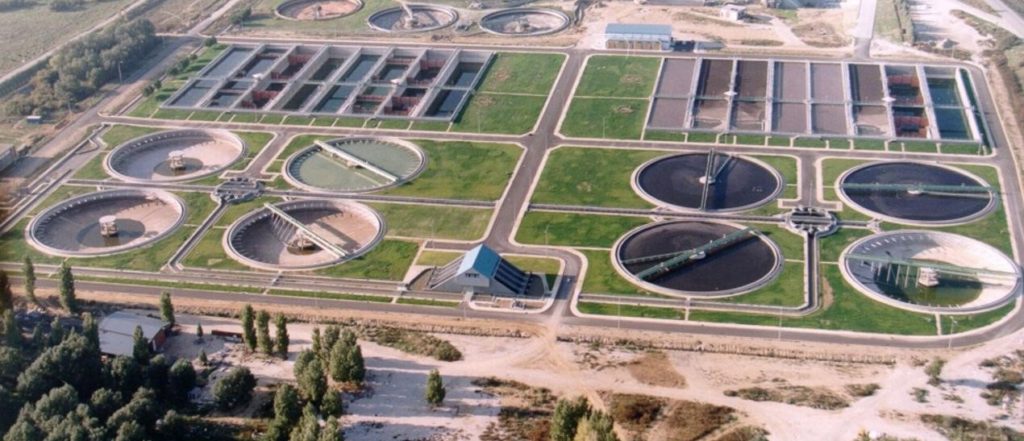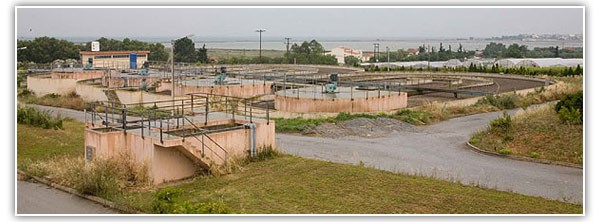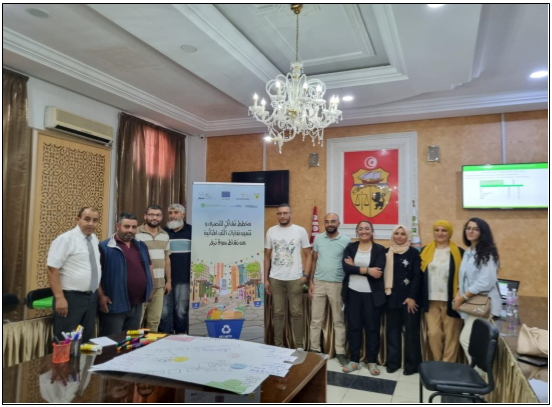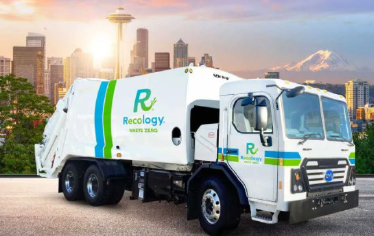ENVIRONMENT & CLIMATE CHANGE
Thessaloniki increases the water resources

The Mediterranean region is subjected to a severe pressure on water resources, due to high demand of water for tourism and irrigation in summertime. The use of wastewater for farming activities is one of the solutions that are currently under studies. Thessaloniki has developed a wastewater pilot project to analyse whether the use of such water is convenient for watering crops or not.
Tags: Water Management, Health, Food Security, Smart Grid
Challenges addressed
- Increase the water resources to meet future demands
- Develop the sustainability of the territory
- Water quality and safety for crops
- Health and environment safety
Main objectives
- Test the water quality and its safe use
- Test the results on crops
- Promote a base of legal development for such uses
Facts
Project type Water Management
Promoter Thessaloniki Municipality, Eyath -water company-,
a Land Reclamation Institute of the National
s Agricultural Research Foundation (NAGREF) and others
Start date 2007
Estimated end date 2012
Site size 2.500 Ha
Website www.eyath.gr
Project description
This pilot project has been developed since 1995, studying a wide range of aspects related to the quality of crops as well as its safety. After a long control period, in 2007 was implemented the crops irrigation project.
The project works in this way: the secondary effluent of Sindos WWTP (165,000 m3/day), is used for agricultural irrigation of the Halastra-Kalohori area, after mixing with freshwater from the Axios River at a 1:5 ratio. Approximately 2500 ha of spring crops are irrigated in the Halastra-Kalohori area, with the freshwater—effluent mixture.
The crops are mainly corn, cotton, sugar beet and rice. The evaluation of the results of crop yield and soil data in relation to the water quality and the irrigation method shows that the municipal wastewater of Thessaloniki city treated by activated sludge and chlorination can reinforce the water resources of the Thessaloniki plain. The treated effluent is discharged to the irrigation network, and reused after mixing with river water. The mixing of the two waters is essential because of the effluent’s increased salinity due to seawater intrusion into the sewerage system. Reuse of the treated effluent of the WWTP of Thessaloniki for crop irrigation will save freshwater for other uses and, furthermore, will protect the Gulf of Thessaloniki from pollution.
Research is also being carried out about disposal of treated wastewater after additional treatment by passing the water through various films in order to enable that treated water to top up the subterranean aquifer, increasing the underground water.

Impact and results
- Land uses for corn, rice, sugar beet
- Irrigated area: 2.500 Ha
- Implementation of a new water source for the driest months
- Cost benefits for farmers
- Improvement of water management
- Enhance sustainability
- Awareness creation about environment, climate change
- Improve economic development






